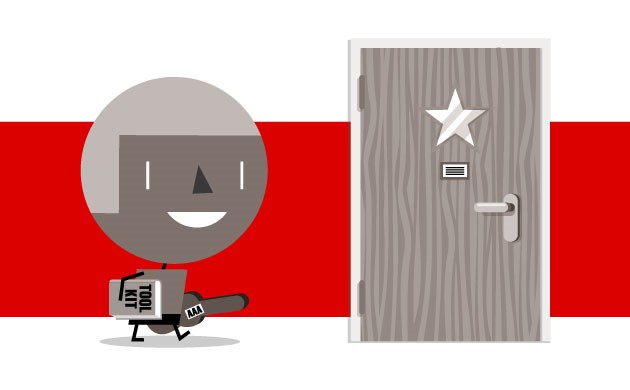5.3 Releasing Your Recorded Music Yourself
Back to the Composer’s Toolkit main page
Distribution
If you don’t want to hold out for a contract from a record company, there are other ways of releasing your recorded music. If you have a good quality recording of one of your works and you have cleared the recording with the performers, you have the options of distributing the recording digitally or as a physical copy (i.e. CD).
To distribute your music digitally (for download or streaming) you will need to sign up with an ‘aggregator,’ like AWAL (Artists without a Label). Aggregators are companies specialising in digital distribution and they will be the middleman between you and the big companies like Apple, Amazon or Spotify, which don’t accept direct requests from artists. You will need to sign a contract with the aggregator, which will then pass your music on to the bigger companies and take either an upfront fee or take a percentage of the income derived from your music. One advantage of publishing your recorded music that way is that, unlike record labels, aggregators do not ask you to sign over any of your rights. Lists of approved aggregators for various companies (iTunes, Spotify, etc.) can easily be found online.
Distributing your music on CD is a little more challenging, as most distribution companies will only deal with labels as opposed to individual artists, which means you will need to set up your own label. A useful guide on ‘How to Start a Record Label’ can be found on the Association of Independent Music (AIM) website. Setting up an independent label is a useful way of making your music available in a recorded version but, because of the cost of having CDs replicated and physically distributed as well as the label set-up costs, do expect to break even at best rather than make a profit.
There is, of course, also the option of sharing your music with others for free, rather than making it available for sale. At the beginning of your career, it might be more useful to put (after having cleared it with the performers) at least a selection of recordings of your work on a digital platform like SoundCloud. This will allow interested performers and promoters to explore your music anonymously (they don’t have to ask you for it) and without having to pay for it, and might generate more performance opportunities and therefore more income for you in the long run.
Previous: ← Having Your Recorded Music Released by a Label


